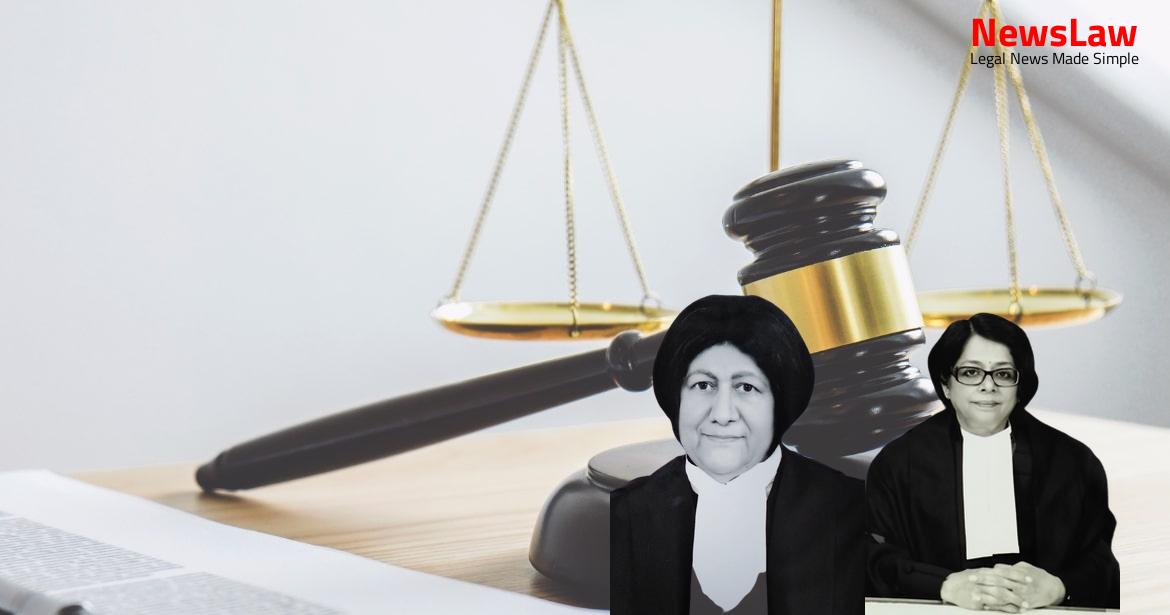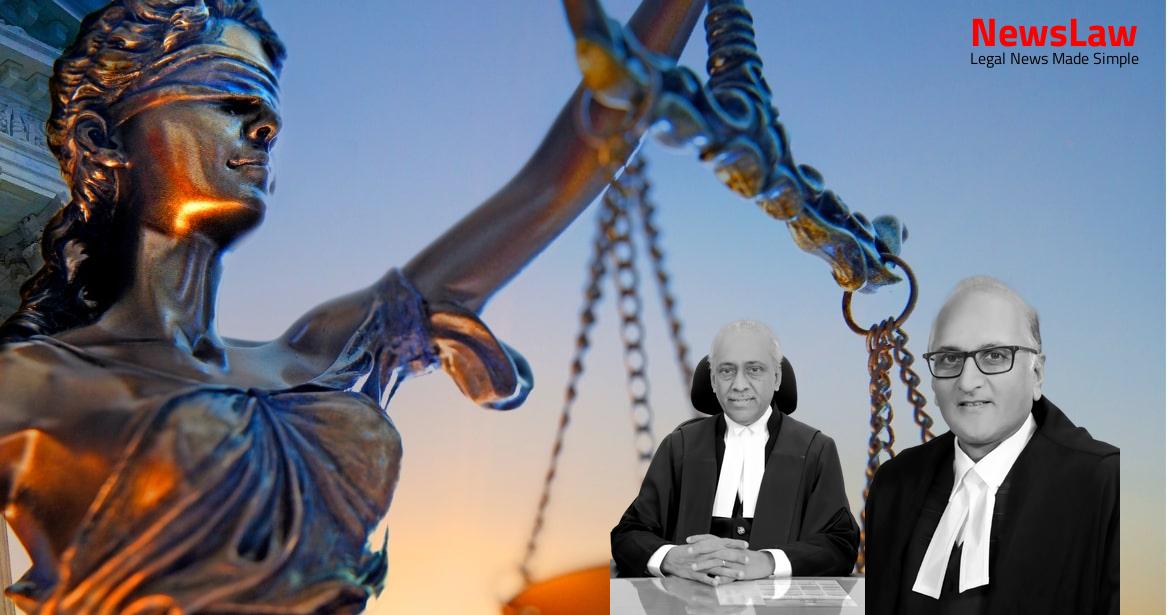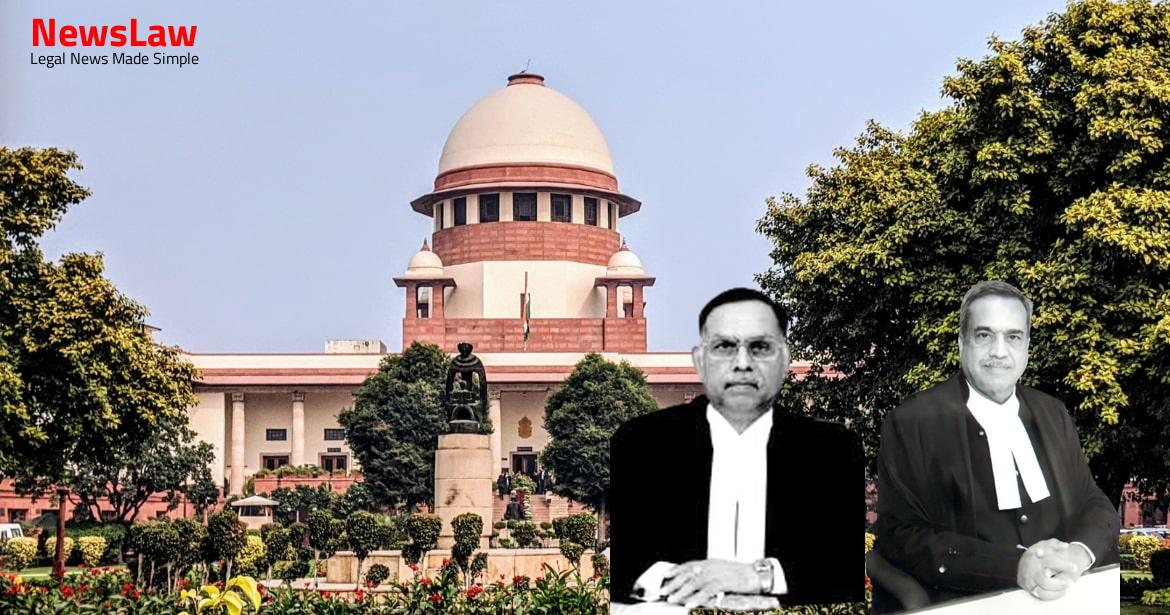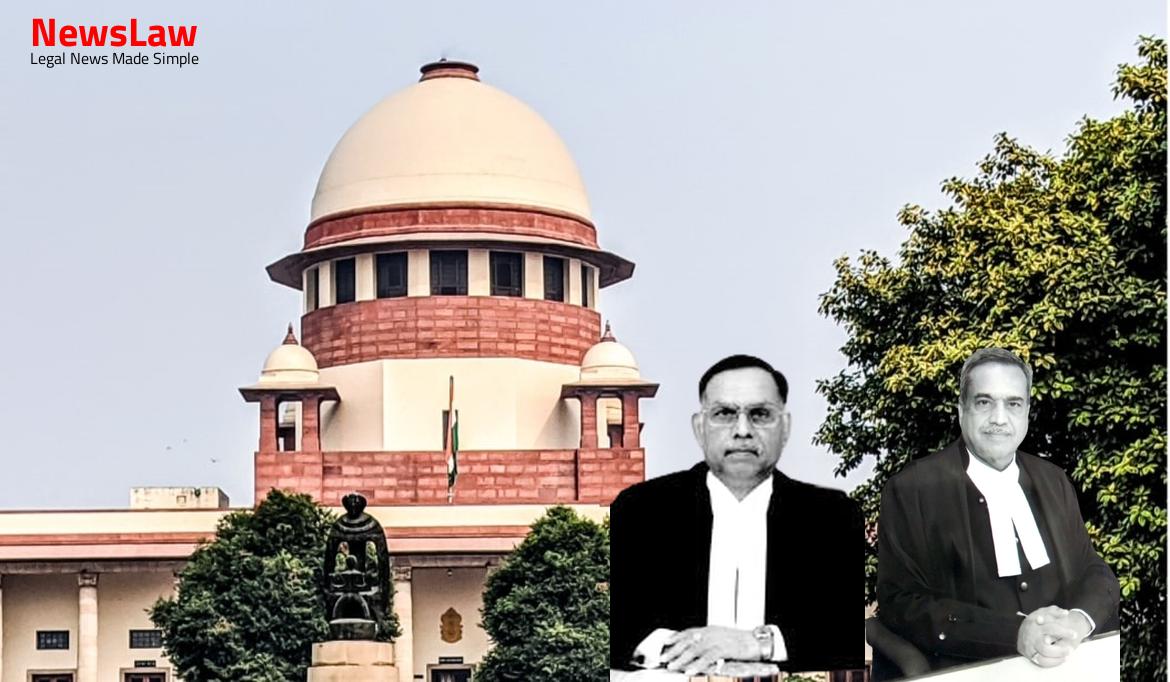Explore the legal analysis of a case focusing on the doctrine of promissory estoppel and legitimate expectations in the context of State policy. Discover how the court scrutinizes the State’s duty to act fairly and transparently, while interpreting promises made in the Industrial Policy. Unravel the complexities surrounding representations by public bodies and the equitable principles governing government commitments.
Facts
- The Industrial Policy 2012 announced a rebate or deduction on electricity duty for a period of five years from the commencement of production.
- The State government issued an exemption notification on 8 January 2015, but made it effective from the date of issuance.
- Section 9 recognizes the power of the State government to grant exemptions.
- There was a failure to comply with the time schedule for issuing notifications as per the Industrial Policy 2012.
- The exemption notification being made prospective resulted in the respondent receiving a lesser benefit period for exemption from electricity duty.
- A notification under Section 9 of the Bihar Act 1948 was necessary to give effect to the exemption from electricity duty.
- Faced with this situation, the respondent instituted writ proceedings before the High Court of Jharkhand in August 2019.
- The High Court concluded that the failure of the State to issue an exemption notification within time should not hinder the industrial units from receiving the promised benefit, leading to the application of the doctrine of promissory estoppel.
- The notification issued on 8 January 2015 by the Commercial Tax Department should be effective from the date of the Industrial Policy 2012 (1 April 2011), and the clause making it prospective was struck down.
- Adjustment of the electricity duty deposited for FYs 2011-12, 2012-13, and 2013-14 against future liability was directed instead of a refund.
- The State’s argument included the requirement for the respondent to claim exemption from electricity duty and the belated notification being irrelevant due to delayed assessment orders.
- The State emphasized limitations on refund claims and raised challenges regarding the respondent’s entitlement to rebate/deduction and the belated filing of writ petitions.
Also Read: Electoral Malpractices in Mayor Election
Arguments
- The appellant argued that the State government’s decision to make the exemption notification effective from 8 January 2015 goes against the promise made in its Industrial Policy 2012.
- The High Court relied on the doctrine of promissory estoppel in supporting its judgment.
- The respondent’s only recourse was to challenge the terms of the exemption notification through writ proceedings under Article 226, which they did.
- The issue of delay in filing the writ petitions in 2019 was raised by the appellant, but it was correctly pointed out by the respondent’s counsel that this was not brought up earlier in the proceedings.
- The respondent’s writ petition highlighted that they did not collect electricity duty from both ends, thus claiming that the doctrine of promissory estoppel does not apply in this case.
- The respondent had an alternative statutory remedy of an appeal under Section 9A of the Bihar Act 1948 against the assessment orders, making the extra-ordinary writ jurisdiction questionable.
- The argument that the doctrine of promissory estoppel cannot be applied retroactively in favor of the respondent due to the timing of the commencement of commercial production compared to the Industrial Policy of 2012 was also made.
- Respondent is entitled to the benefit of a rebate for five years as per clause 32.10 of the Industrial Policy 2012.
- High Court found the respondent’s writ petition legally sustainable on merits.
- Court should not interfere based solely on grounds of delays and laches.
Also Read: Balancing Power and Transparency: Electoral Bonds Struck Down, Disclosure Mandated
Analysis
- The analysis section of the judgment delves into the rival submissions presented.
- The State’s argument that the respondent did not raise certain points in the High Court is debunked, as the Industrial Policy 2012 did contain a representation of rebate/deduction.
- The High Court referred to relevant decisions of the Court in light of the Industrial Policy 2012’s terms.
- Clause 38(b) of the policy mandated prompt notification issuance by various departments, which was not adhered to.
- The State failed to provide reasons for the delay in notification and for making the exemption prospective against the policy’s representation.
- It is highlighted that the State’s duty is to act fairly and transparently, which includes justifying deviations from policy commitments.
- The State issued a notification under Section 9 but did so prospectively, contradicting the representation in the Industrial Policy 2012.
- The doctrine of legitimate expectations is founded on the principles of fairness in government dealings.
- Promissory estoppel is viewed as a principle in equity and is not restricted by the doctrine of consideration.
- The doctrine of promissory estoppel has developed parallel to legitimate expectations under English Law.
- Legitimate expectations consider promises made by public bodies as well as official practices.
- The doctrine of promissory estoppel may require showing a detriment suffered due to reliance on a promise.
- The need for an independent basis for the doctrine of legitimate expectations, separate from promissory estoppel, has been emphasized.
- There is often confusion between the doctrines of promissory estoppel and legitimate expectation in Indian Law.
- The doctrine of legitimate expectation should be held to scrupulous standards for public authorities’ representations.
- The distinction in English Law between promissory estoppel and legitimate expectations as distinct remedies under private and public law is highlighted.
- The State’s representations are expected to be fair and adherence to them is necessary to maintain trust with citizens.
- Respondent entitled to rebate/deduction from electricity duty
- Respondent not entitled to rebate/deduction for FY 2011-12 per Industrial Policy 2012
- Doctrine of unjust enrichment not applicable as no evidence of passing on electricity duty to customers
- Agreement with High Court that respondent entitled to exemption from electricity duty
Also Read: Recall of Resolution Plan Approval: Legal Analysis
Decision
- Pending application(s) disposed of
- Respondent commenced production on 17 August 2011
- Relief granted confined to FYs 2012-13 and 2013-14
- Appeals disposed of for the above terms
- No order as to costs
- Order of High Court to be confirmed for FYs 2012-13 and 2013-14
Case Title: THE STATE OF JHARKHAND Vs. BRAHMPUTRA METALLICS LIMITED (2020 INSC 667)
Case Number: C.A. No.-003860-003862 / 2020



